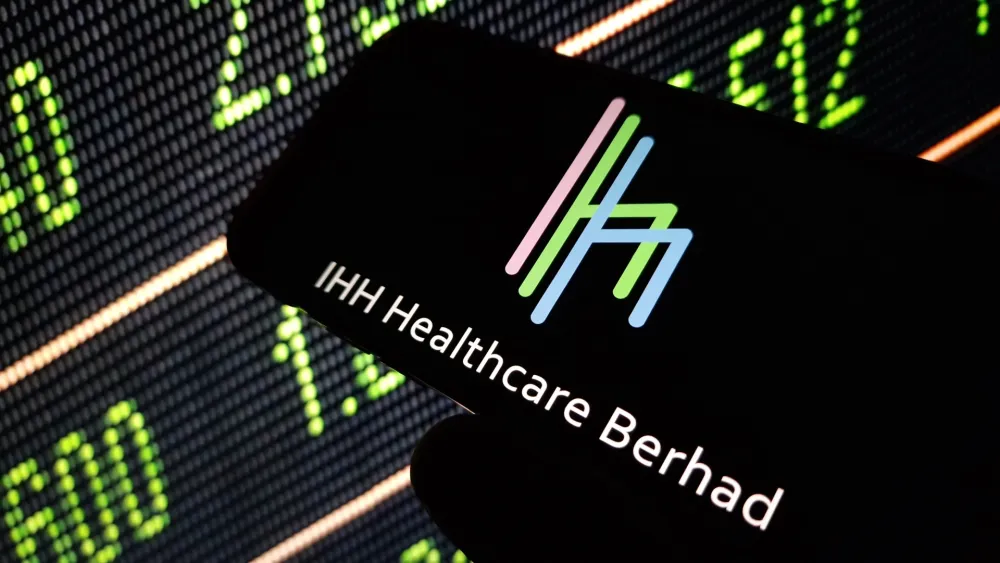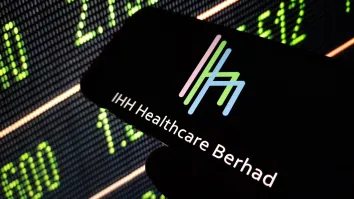
Healthcare spending in India predicted to grow 16.1% per year
Government raised public health spend to 2.5% of GDP in 5 years.
India may be home to 35% of the world’s poorest people, but it is also one of the fastest growing economies in the world. Healthcare spending in the country is expected to grow 16.1% per year, the strongest anticipated growth amongst Asia Pacific countries, according to Deloitte. “The government has set a target of raising public health expenditure – primarily allocated to infrastructure improvements – from its current equivalent of 1.2% of GDP to 2.5% of GDP within five years,” it adds.
Although the Asia-Pacific region is experiencing an economic slowdown, Deloitte reveals that the rollout of public healthcare programmes combined with increasing private wealth is expected to boost the region’s healthcare spending by an annual average of 6.6% in 2015-2019.
Low public spending
Deloitte further notes that although India’s healthcare sector is growing rapidly – driven mainly by private players – public spending has remained quite low and has resulted to inadequate infrastructure and manpower in public health facilities, especially in rural areas. “India’s current spending on healthcare is expected to remain stable at the equivalent of 4.1% of GDP in 2015-2019. This is below the average of 6.5% expected for the Asia and Australasia region, and is seen by many (including the current government) as inadequate.”
Most people in India resort to out-of-pocket healthcare spending because of low health insurance coverage in the country. “Successive governments have tightly controlled public health spending – of note, the national government reduced its 2014-2015 healthcare budget and increased the state’s contributions for centrally sponsored schemes, including health.”



















 Advertise
Advertise






